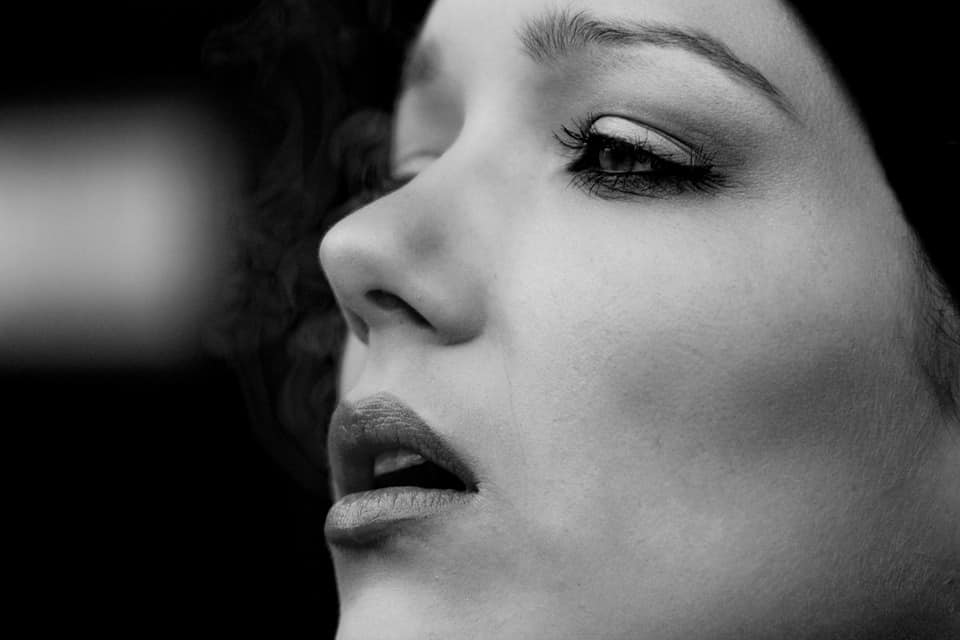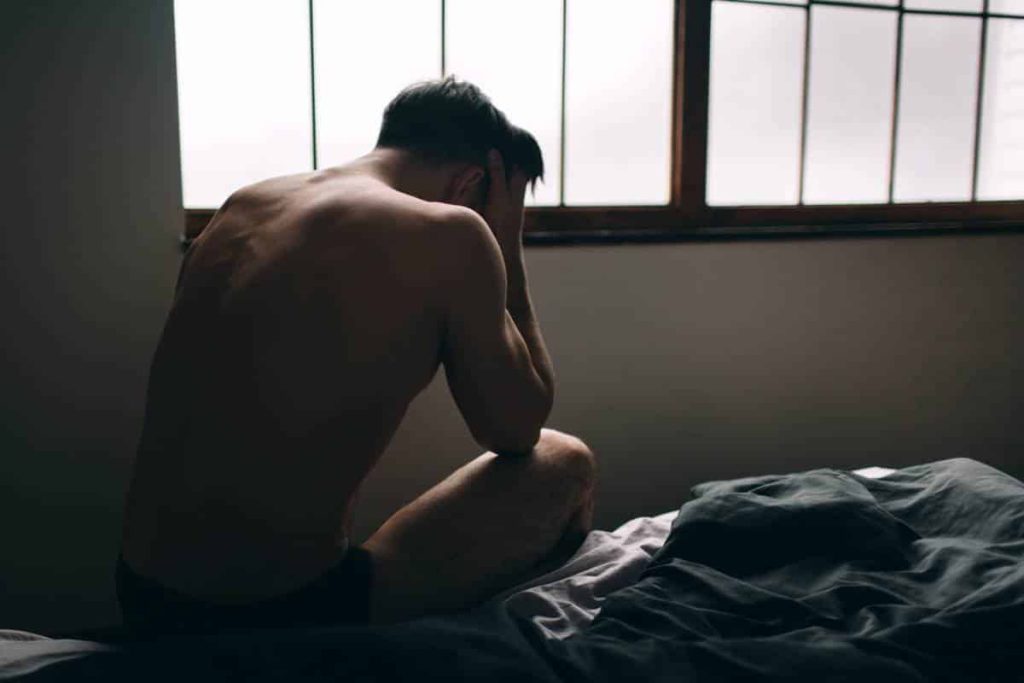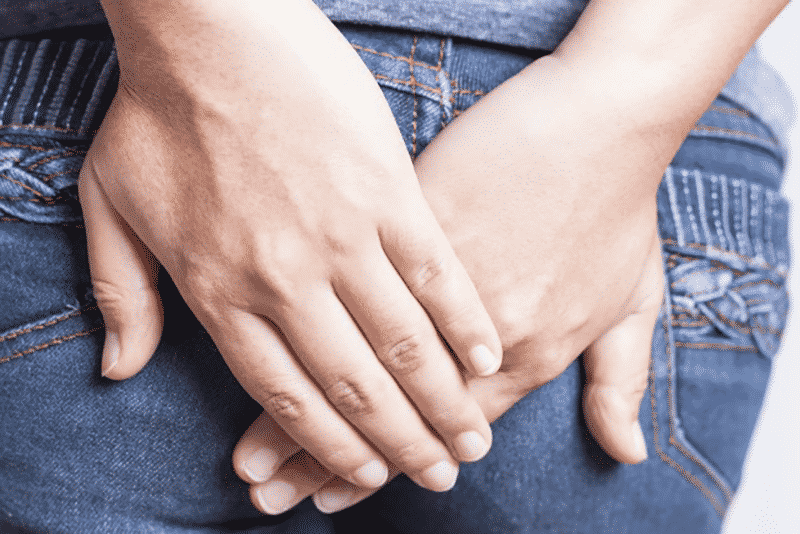Who has never experienced anxiety when approaching an exam or an important answer? In everyday life, we are faced with situations that generate stress. However, there are several forms of anxiety. Find out which ones and the symptoms associated with them. Anxious people will also follow our advice to overcome their emotional disorder. We tell you all about grandmother’s remedies and natural treatments for anxiety.
Summary
What is anxiety?
Anxiety is not a disease but an emotional disorder that feeds on a feeling of insecurity. The subject who suffers from anxiety feels a feeling of apprehension, unease, even terror. Unlike fear, anxiety is not expressed in the face of real danger.
It is also necessary to differentiate between permanent anxiety and panic disorder which occurs periodically. The one and the other do not benefit from the same treatment. Subjects with generalized anxiety will be treated with traditional tranquilizers, while those with permanent anxiety will take antidepressants.
Namely, anxiety disorders are frequently observed among the adult population, and particularly among women. The first symptoms most often occur around the age of 25.
Read also >> Our best anti-stress tips
What are the causes ?
A certain number of causes can be at the origin of the occurrence of anxiety in the subject (except generalized anxiety and panic disorder). Among them :
- psychiatric illnesses such as depression or schizophrenia;
- damage to the central nervous system (Parkinson’s disease, epilepsy, etc.);
- endocrine or metabolic diseases (hyperthyroidism, hypoglycaemia, etc.);
- organic diseases such as asthma or angina pectoris;
- intoxication (alcohol, corticosteroids, etc.);
- menopause, etc.
Finally, it can also be a simple personality trait. In the population, there are anxious people. It can be either a permanent arrangement or a transitory state.
Read also >> How to manage your stress ?
Symptoms
We talk more about signs of anxiety than symptoms. You should know that anxiety is necessary for life and is completely normal. However, when it takes on a disabling character, anxiety turns out to be pathological.
The so-called normal anxiety remains tolerated by the subject and is a psychological reaction to stress. The subject can then control it and the emotional disturbance has no impact on his daily life. Anxiety can arise, for example, during an examination, during an accident or disaster, while waiting for an important result, etc.
On the other hand, anxiety is abnormal when it:
- occurs for no reason and is not related to a particular event;
- becomes permanent;
- limits the subject in his actions;
- turns into suffering;
- associated with neurotic, psychological or hypochondriac states;
- generates a depressive state or a phenomenon of dependence (e.g. alcoholism, drug addiction, etc.).
With regard to generalized anxiety, the following symptoms are distinguished:
- tremors;
- muscle tension;
- feverishness;
- feeling tired;
- palpitation, tachycardia;
- sweating, sweaty palms;
- dry mouth;
- dizziness, flushing or chills;
- nausea, diarrhoea, abdominal discomfort;
- lump in the throat, difficulty in swallowing;
- feeling of being exhausted;
- memory lapses, concentration problems;
- disturbed sleep;
- irritability.
As for panic disorder, it is expressed with:
- a feeling of shortness of breath or choking;
- dizziness or feeling faint;
- palpitations, tachycardia;
- sweat ;
- nausea, abdominal discomfort;
- feeling of numbness;
- hot flushes or chills;
- chest discomfort;
- fear of dying or committing an uncontrolled act;
- depersonalization or derealization.
Read also >> Anxiety and depression: symptoms and differences
What are the natural treatments for anxiety?
Chamomile and green tea infusions
Chamomile and green tea herbal teas, or a few drops of EO as a substitute, provide a soothing effect by slowing the heart rate.
When you feel the anxiety kicking in, drink one of these beverages.
The sport
Physical exercise has benefits for anxiety. It keeps the mind busy and dispels dark thoughts.
Practicing a sport on a regular basis also strengthens self-esteem and the feeling of well-being, which leads to a reduction in anxiety.
Lavender
Lavender has a relaxing power. Disseminate lavender extracts in your interior to reduce your level of anxiety.
Be careful, however, not to abuse it. An excessive dose of lavender is not recommended.
Breathing
Practicing breathing exercises can reduce anxiety. Empty your lungs by exhaling slowly, then inhale. Then hold your breath and exhale again.
Meditation
Meditation is a technique that acts as an antidepressant. Anxious people thus control their stress. Dedicate a few minutes daily to this exercise.
hawthorn and eschscholtzia
These two plants naturally treat the anxious state which is accompanied by palpitations and difficulty falling asleep. Use this natural remedy in the form of capsules, on sale in pharmacies.
valerian
There are many plants that have soothing effects. Among them, valerian. It helps to fight against sleep disorders and facilitates falling asleep.
Attention, valerian is not recommended for pregnant and breastfeeding women as well as for children.
Good eating habits
To preserve your peace of mind, there are a few foods to avoid. Among them, coffee, alcohol, dairy products, sugar especially if it is refined, processed products and acidifying foods. And conversely, favor fruits and vegetables, cereals and first cold-pressed vegetable oils (walnuts, almonds, etc.).
More natural treatments:
- 7 natural treatments for warts
- 7 Natural Acne Treatments
- 7 Natural Psoriasis Treatments
- 7 Natural Lice Treatments
- 3 natural treatments for scabies
- 11 Natural Constipation Treatments
- 9 natural treatments for angina
- 13 Natural Asthma Treatments
- 7 natural treatments for anemia




